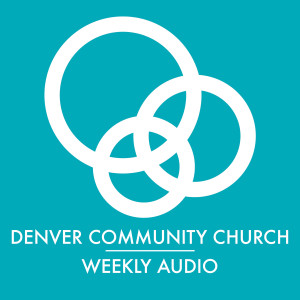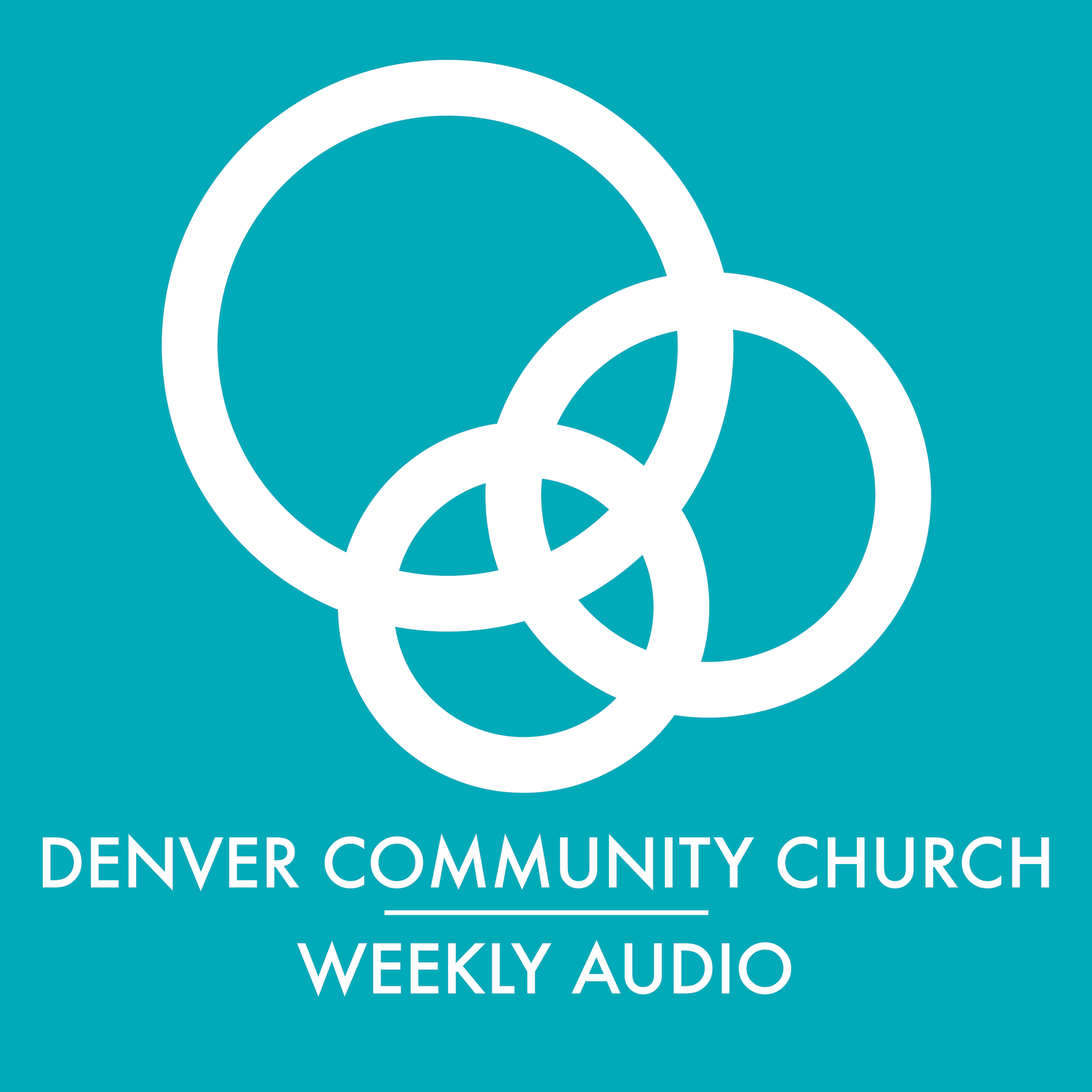Episodes

Sunday May 08, 2022
May 8, 2022: Back to the Beginning-Paula Williams
Sunday May 08, 2022
Sunday May 08, 2022
In our world today we often forget that Jesus was Jewish. More than just an ethnicity or religious label, this influenced the way people understood his work and his mission. Luke, from the very beginning, works to blow all that up and his family line is one example. Jesus, in his heritage, is connected to everyone - like all people - he too is a child of God. He is flesh and bone, and the invitation to live like him is simple, and yet difficult. Love God, love our neighbor, and love ourselves.

Sunday Apr 24, 2022
April 24, 2022: Begin At The Ending - Bekah Stewart
Sunday Apr 24, 2022
Sunday Apr 24, 2022
As we read this week about John the Baptist, who called those being baptized towards repentance, we examine what repentance really invites us into. Simply put, to repent is to turn away from the old, and towards something new. But how often in our modern culture do we really allow things to end in order to let something new begin.

Sunday Apr 17, 2022
April 17, 2022: Easter Sunday - Michael Hidalgo
Sunday Apr 17, 2022
Sunday Apr 17, 2022
On this Easter Sunday, a closer look at the gospel accounts of Christ's resurrection show a picture of a group of people who could not actually believe what was right in front of them. And even when they did recognize the resurrected Jesus, it seemed that the world around them stayed much the same. How might we recognize and expect resurrection in our own lives, though the brokenness and pain of the world around us remains?

Monday Apr 11, 2022
April 10, 2022: Mending the Divides –Dave Neuhausel
Monday Apr 11, 2022
Monday Apr 11, 2022
We explore the beatitude found in Matthew 5:9 – “Blessed are the peacemakers, for they will be called children of God” and will continue to think about mending divides within to be “everyday peacemakers” in our world. That we would be what we want to see in the world.

Sunday Apr 03, 2022
April 3, 2022: Clean on the Inside - Michael Hidalgo
Sunday Apr 03, 2022
Sunday Apr 03, 2022
As we read the beatitude, "Blessed are the pure in heart, for they shall see God", we are left to ask: what is a pure heart? In a world that celebrates and elevates performance and visibility, could Jesus be inviting us into the silence of our own hearts?

Sunday Mar 27, 2022
March 27, 2022: The Long View - Dave Meserve
Sunday Mar 27, 2022
Sunday Mar 27, 2022
This week we welcome guest teacher Dave Meserve as we read through the beatitude, "Blessed are the merciful, for they will be shown mercy."

Sunday Mar 20, 2022
March 20, 2022: Welcome, Welcome, Welcome - Amanda Lum
Sunday Mar 20, 2022
Sunday Mar 20, 2022
This week we read the beatitude "Blessed are those who hunger and thirst for righteousness, for they will be filled". A hunger for righteousness, or justice, is something that many of us feel in a world rife with injustice, so much so that it can be overwhelming and cause us to shut down and shut out. Is there a way we can welcome all the pain and injustice in our world and allow it to work our hearts so that we might see justice in our communities?

Sunday Mar 13, 2022
March 13, 2022: A Divine Connection - Michael Hidalgo
Sunday Mar 13, 2022
Sunday Mar 13, 2022
The meek are not those who are pushovers, but those who are willing to do and pursue what is right regardless of what it costs them - and in the time of the prophets and in Jesus' day what it cost them was land. In the midst of this time, Jesus offers a blessing, "Blessed are those who do not practice domination and violence in order to seize what was never theirs in the first place, for you will inherit what God has long wanted to give you."

Sunday Mar 06, 2022
March 6, 2022: The Comfort of Solidarity - Jonathan Merritt
Sunday Mar 06, 2022
Sunday Mar 06, 2022
As we continue our Lent series in the beatitudes, special guest and friend of DCC Jonathan Merritt reads with us, "Blessed are those who mourn, for they will be comforted". Is there a difference between grief and mourning, and what does mourning require of us?

Sunday Feb 27, 2022
February 27, 2022: Teenage Jesus - Nick Elio
Sunday Feb 27, 2022
Sunday Feb 27, 2022
In the second chapter of Luke, we get the only Gospel account of Jesus as a boy, where his mother and father spend 3 days searching for him after the feast of Passover. What can we learn from the way that Jesus behaves in this passage, and what does that invite us into as followers, and some of us as parents?

